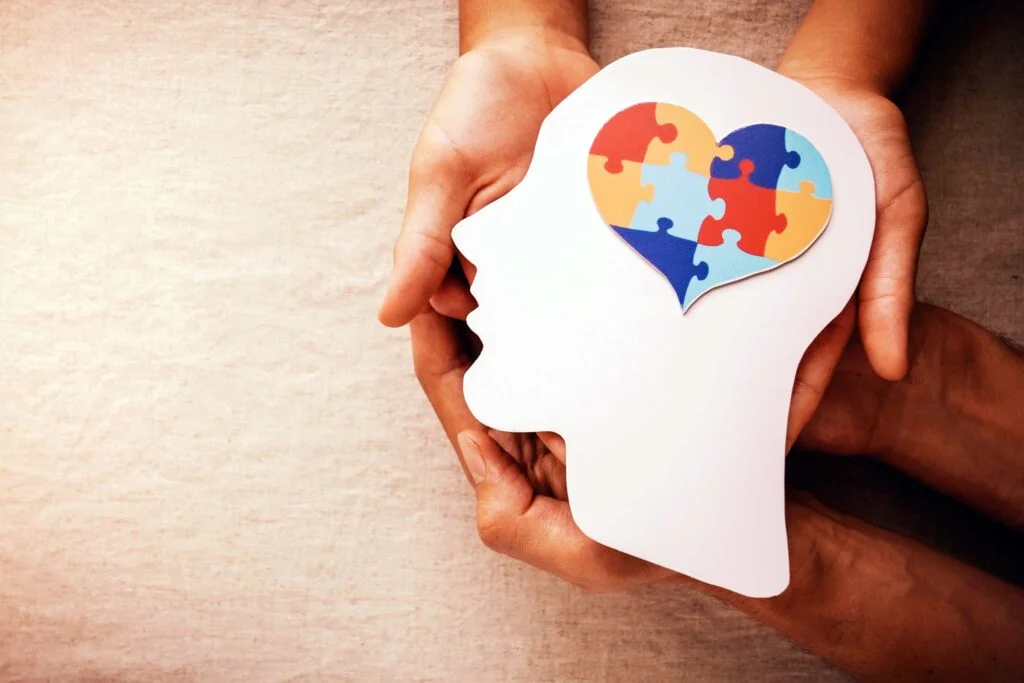
Behavioral health refers to how thoughts, emotions, and behaviors impact overall well-being. It’s closely linked with mental health, but also includes habits like diet, exercise, substance use, and sleep. Today, addressing behavioral health is more important than ever.
Modern life comes with numerous stressors — work pressure, social media, isolation, and economic uncertainty. These factors can contribute to anxiety, depression, and other mental health conditions. Fortunately, behavioral health care provides a path to recovery and resilience.
Therapy is a cornerstone of treatment. Cognitive Behavioral Therapy (CBT) is one of the most effective approaches. It helps individuals identify and change harmful thought patterns that lead to negative emotions and behaviors.
In addition to therapy, medication can play a vital role. Antidepressants, anti-anxiety medications, and mood stabilizers help regulate brain chemistry and improve quality of life. However, these should always be prescribed and monitored by professionals.
Lifestyle changes are equally crucial. Good sleep, physical activity, balanced nutrition, and stress-reduction techniques like meditation or yoga all support behavioral health. Many treatment programs now combine therapy with wellness coaching for a more holistic approach.
Substance use is another major behavioral health concern. Addiction often stems from underlying emotional pain or trauma. Integrated programs that address both substance use and mental health — known as dual diagnosis treatment — offer higher success rates.
Community and support are powerful tools in healing. Group therapy, peer support programs, and even online communities help individuals feel less alone. Social connection promotes accountability, empathy, and motivation.
Behavioral health is not limited to diagnosed mental illnesses. It also includes how we cope with life changes, grief, parenting challenges, or workplace burnout. Early intervention can prevent minor issues from becoming major problems.
Stigma is still a barrier. Many people hesitate to seek help due to fear or shame. But understanding that behavioral health is part of overall health is a step toward normalizing care and healing.
Ultimately, behavioral health is about balance — understanding how habits, emotions, and thoughts shape our lives. With the right support, anyone can improve their mental and emotional well-being and lead a more fulfilling life.
 FRA
FRA GRE
GRE
